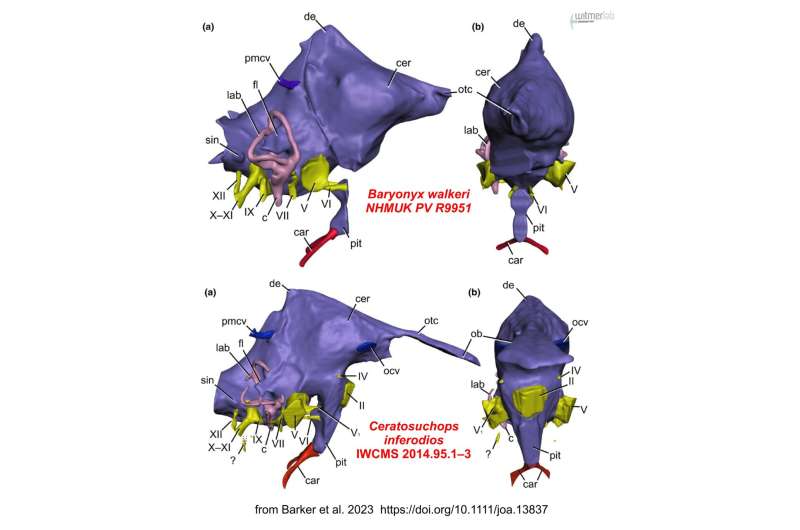2020 to Place in Top 5 for the Hottest Years on Record – if not Higher
With 2020 more than halfway over, it is clear that this year will rank among the hottest in recorded history and possibly break the all-time record set in 2016. If 2020 does top the list, it will do so without the major El Niño event that boosted global temperatures four years ago—and thus will provide an important marker of the power of the long-term warming trend driven by human activities that emit greenhouse gases. “Until we stop doing that, we’re going to see this over and over again,” says Gavin Schmidt, director of NASA’s Goddard Institute for Space Studies, which keeps the agency’s temperature records.
2020年已经过去了一半,很明显,今年将成为有史以来最热的年份之一,并可能打破2016年创下的历史纪录。如果2020年真的高居榜首,那么这将是在没有像4年前那样导致全球气温升高的重大厄尔尼诺事件的情况下实现的,这将因此成为人类排放温室气体活动推动的长期变暖趋势的重要标志。美国宇航局戈达德太空研究所负责人加文·施密特(Gavin Schmidt)说:“在我们停止这样做之前,我们会一次又一次地看到这种现象。”。
In its first seven months, 2020 has been the second-warmest year on the books, a mere 0.07 degree Fahrenheit behind 2016 at the same point, according to new data released today by the National Oceanic and Atmospheric Administration (whose records go back 141 years). This ranking now means “there’s no question that 2020 will be a top-five year,” Schmidt says. By his calculations, it has a 70 percent chance of becoming the hottest year, while NOAA gives it a 37 percent chance. The variation is partly because of the different ways each agency processes temperature data: NOAA does not extrapolate temperatures over the Arctic to make up for missing data there. And Schmidt says leaving that information out misses one of the fastest-warming spots on the globe.
根据美国国家海洋和大气管理局(其记录可追溯到141年前)今天公布的最新数据,在头7个月里,2020年是记录上第二热的年份,仅比2016年同期低0.07华氏度。施密特说,这个排名现在意味着“毫无疑问,2020年将是最热年份的前五。”根据他的计算,它有70%的机会成为最热的一年,而美国国家海洋和大气管理局给它37%的机会。造成这种变化的部分原因是各机构处理温度数据的方式不同:美国国家海洋和大气管理局(NOAA)并没有对北极地区的温度进行外推,以弥补那里缺失的数据。施密特说,忽略了这些信息,就错过了全球变暖最快的地区之一。
Read more at Scientific American
翻译:STARSET Mirror翻译组











